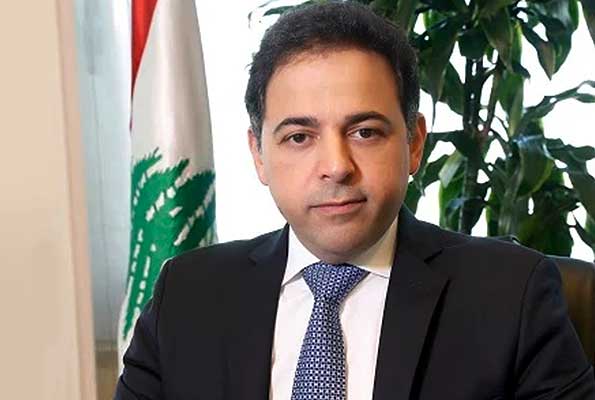Wassim Mansouri, the first deputy governor of the Lebanese central bank, urged the government to carry out long-delayed reforms as he announced he will take over as the institution’s interim head in place of longstanding leader Riad Salameh.
Wassim Mansouri will assume the role of interim leader after the ruling groups failed to name Riad Salameh’s replacement despite a four-year financial catastrophe.
After 30 years in government, Riad Salameh, 73, steps down, his legacy marred by the financial crisis that left many Lebanese in poverty and paralyzed the country’s once-vast banking system, as well as accusations of corruption both domestically and internationally, which he rejects.
At a news conference, Wassim Mansouri stated that the new central bank leadership intended to place strong limitations on when the central bank might lend to the government and that such funding should gradually come to an end completely.
He recommended lifting the peg on the local currency and phasing out the contentious trading platform known as Sayrafa.
Wassim Mansouri stated that “we are at a crossroads” and that he would not approve of any government financing that he did not believe in or that fell “beyond the legal framework”.
A four-year-old financial catastrophe has paralyzed the state, and the refusal to appoint a new governor is a reflection of broader instability that has left Lebanon without a fully functional government or president.
The financial catastrophe, which has been largely attributed to years of wasteful spending and corruption supervised by long-dominant sectarian factions, has received little attention from the ruling parties.
The International Monetary Fund stated in June that vested interests’ opposition to necessary reforms had exacerbated the crisis.
Wassim Mansouri, 51, said Lebanon’s “final chance” to adopt the reforms was now and urged the government to implement a capital control law, a financial restructuring law, and a 2023 state budget within six months.
Wassim Mansouri, a Muslim Shi’ite, was appointed in June 2020 together with three other vice governors. The sectarian power-sharing mechanism that controls other top positions in Lebanon is used to elect the central bank’s board of directors.
The governor must be a Maronite Catholic in accordance with the country’s system of sectarian power sharing.
Speaker of the Parliament Nabih Berri, the leader of the Shi’ite Amal Movement, proposed Wassim Mansouri for election in 2020. Wassim Mansouri happens to be Nabih Berri’s distant cousin.
According to his profile on the central bank website, he received legal training and has most recently served as a legal counsellor to the finance ministry and the Parliament.



